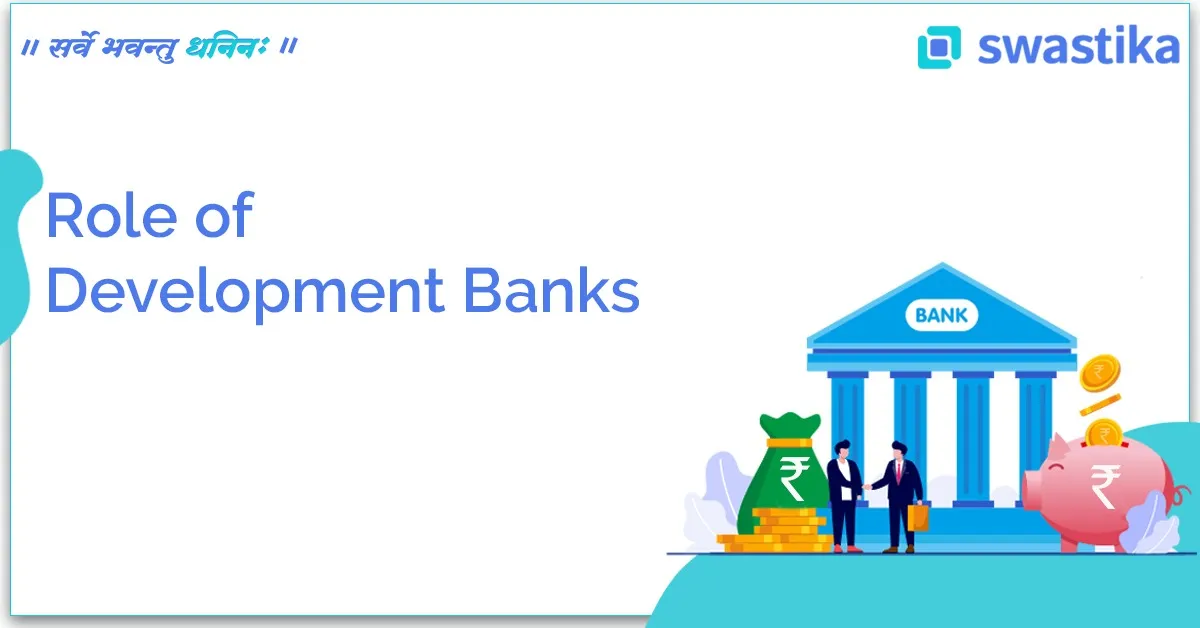In India, insurance plays a crucial role in securing financial stability for individuals and families. It provides a safety net against unforeseen events, such as accidents, illnesses, and even death. With a variety of insurance options available in the market, it’s essential to understand the different types and how they can benefit you.
In this guide, we will explore the various types of insurance available in India, focusing on their importance, features, and benefits.
Meaning of Insurance
Insurance acts as a contract, on which is represented by a policy, under which an individual receives financial protection against uncertain life events which causes him/her uncertain financial losses, The reimbursement of these losses are borne by an insurance company. The company collects a sum from an individual which is term as insurance premium which in return assures the person of transferring his risk of uncertainty to the insurance company.
Different Types of Insurance in India:
The insurance sector in India broadly classified as:
- Life Insurance
- General Insurance
- Miscellaneous Insurance
1. Life Insurance
Life insurance is a contract between the insured (policyholder) and the insurance company, where the insurer agrees to pay a specific amount (sum assured) to the policyholder's beneficiaries upon the insured's death or after a certain period, depending on the type of policy. It acts as a financial cushion for the policyholder's family in case of unfortunate events.
Types of Life Insurance:
- Term Life Insurance: Term insurance provides life cover for a specified period. It offers a high sum assured at low premiums but does not have a maturity benefit.
- Whole Life Insurance: As the name suggests, whole life insurance provides coverage for the insured’s entire life, as long as premiums are paid regularly. It includes both death and maturity benefits.
- Endowment Plans: Endowment policies offer both insurance coverage and savings. A lump sum is paid to the policyholder upon maturity, or to their nominee in case of death during the policy term.
- Unit-Linked Insurance Plans (ULIPs): ULIPs are a mix of investment and insurance. A portion of the premium is used for life cover, while the remaining is invested in equity or debt instruments.
- Money-Back Policy: This type of life insurance provides periodic returns to the policyholder during the policy term and a lump sum on maturity or death.
- Child Plans: These plans are designed to secure a child's financial future, providing funds for education and other needs. The maturity benefits are generally received when the child reaches a certain age.
- Retirement Plans: Retirement or pension plans help policyholders build a corpus for their post-retirement years. Upon maturity, a portion is given as a lump sum, and the rest is converted into an annuity.
2. Health Insurance
Health insurance covers medical expenses incurred due to illnesses, accidents, or hospitalization. In India, rising healthcare costs make health insurance a critical part of financial planning. It offers coverage for hospitalization, pre- and post-hospitalization expenses, surgeries, and sometimes even daycare treatments.
Types of Health Insurance:
- Individual Health Insurance: This policy covers a single individual’s medical expenses, providing financial assistance for treatments, surgeries, and hospitalization.
- Family Floater Health Insurance: Family floater plans cover the entire family under a single policy, offering flexibility in using the sum insured for any family member’s medical needs.
- Critical Illness Insurance: This plan provides a lump sum amount upon the diagnosis of a critical illness like cancer, heart attack, kidney failure, etc. It helps cover the high cost of treatment for such severe conditions.
- Senior Citizen Health Insurance: Specifically designed for people above 60 years, these policies offer coverage for age-related medical conditions and treatments.
- Maternity Health Insurance: This insurance covers medical expenses related to pregnancy, childbirth, and postnatal care.
- Top-Up Health Insurance: Top-up plans offer additional coverage over and above the basic health insurance plan, ideal for those who want to increase their sum insured at a lower premium.
3. Motor Insurance
Motor insurance is mandatory in India for all vehicles, including two-wheelers, cars, and commercial vehicles. It provides financial protection against damages to the vehicle, third-party liabilities, and accidents.
Types of Motor Insurance:
- Third-Party Liability Insurance: This is the most basic type of motor insurance required by law in India. It covers damages caused to third-party property or injury to third-party individuals in case of an accident.
- Comprehensive Insurance: A comprehensive policy covers both third-party liabilities and damages to the insured’s vehicle due to accidents, theft, fire, or natural disasters.
- Two-Wheeler Insurance: Specifically designed for two-wheelers, this insurance provides coverage against accidents, theft, and third-party liabilities.
4. Home Insurance
Home insurance provides financial protection to homeowners against damages or losses to their home and belongings due to fire, theft, natural calamities, or other unforeseen events. Given the increasing cost of real estate and home repairs, home insurance offers peace of mind by covering unexpected expenses.
Types of Home Insurance:
- Building Insurance: This policy covers the structure of the house, including walls, roof, and floors, from damages due to natural calamities like earthquakes, floods, or man-made events like fires.
- Contents Insurance: Contents insurance covers personal belongings inside the house, such as furniture, electronics, and appliances, against risks like theft, fire, or damage.
- Comprehensive Home Insurance: This plan offers coverage for both the structure and contents of the home, providing complete protection against a range of risks.
5. Travel Insurance
Travel insurance covers risks associated with domestic and international travel, such as medical emergencies, trip cancellations, lost baggage, and passport loss. This insurance provides financial assistance for various travel-related contingencies, making your trips stress-free.
Types of Travel Insurance:
- Domestic Travel Insurance: This covers medical emergencies, trip cancellations, and other mishaps during travel within India.
- International Travel Insurance: Designed for international travelers, this policy covers medical emergencies, trip cancellations, lost baggage, and passport loss in foreign countries.
- Student Travel Insurance: Specifically designed for students studying abroad, this policy covers medical emergencies, loss of personal belongings, and travel-related risks.
- Senior Citizen Travel Insurance: A travel plan for senior citizens covering medical emergencies, trip cancellations, and more during domestic or international trips.
6. Personal Accident Insurance
Personal accident insurance provides coverage in case of accidents leading to injuries, disabilities, or death. The policy offers financial compensation to the insured or their family for medical expenses, loss of income, or other financial burdens arising from the accident.
Types of Personal Accident Insurance:
- Individual Accident Insurance: Covers an individual against accidental injuries, disability, or death.
- Group Accident Insurance: This type of policy is generally offered by employers to their employees, providing coverage for accidental injuries and death.
8. Commercial Insurance
Commercial insurance offers protection for businesses against various risks such as property damage, liability, and employee-related risks. It helps companies manage financial losses due to unforeseen events.
Types of Commercial Insurance:
- Property Insurance: Covers damages to business property due to fire, theft, or natural disasters.
- Liability Insurance: Protects businesses from legal claims arising from bodily injury, property damage, or personal injury caused to third parties.
- Workers' Compensation Insurance: Provides financial compensation to employees for injuries or accidents sustained at the workplace.
Conclusion
Insurance is a vital tool for managing risks and ensuring financial security in the face of unexpected events. Whether it’s life, health, motor, or home insurance, each type of policy serves a unique purpose, offering peace of mind and financial protection. Understanding the different types of insurance available in India will help you choose the best coverage to meet your personal and professional needs.


.png)




.webp)
.webp)

.webp)






